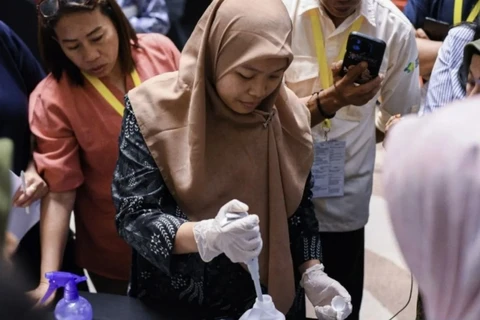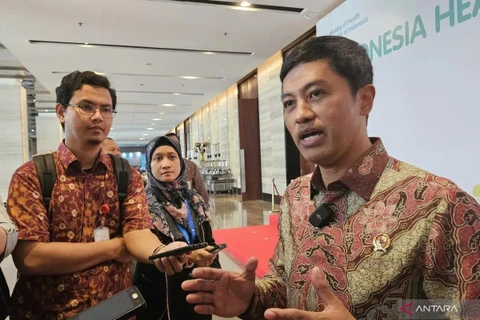
Jakarta (VNA) – Indonesia’s Health Ministry and World Health Organization (WHO) have established the 2025-2029 National Strategy on Antimicrobial Resistance Control in a bid to prevent deaths from Antimicrobial Resistance (AMR).
Deputy Health Minister Dante Saksono Harbuwono on August 20 stated that the strategy comprises four pillars encompassing prevention of infectious diseases, access to essential health services, timely and accurate diagnosis, and right treatment with high quality.
Moreover, he highlighted that the strategy adopts the three concepts of effective governance, strategic information, and external evaluation.
Harbuwono noted that the national strategy is a form of their commitment to learn from the past and strive for better efforts in preventing more cases of AMR.
The official said that cross-sectoral coordination in tackling AMR cases was initiated based on the Coordinating Ministry for Human Development and Cultural Affairs Regulation Number 07 of 2021 on the 2020-2024 National Action Plan on Antimicrobial Resistance Control.
He expected that the new initiative could save the lives of many people in the future.
The ministry's director general of health services, Azhar Jaya, stated that on a global scale, some 1.27 million deaths were caused in 2019 by AMR.
He stressed that the death toll keeps increasing, and 10 million deaths from AMR are projected in 2050. The national strategy is a preventive measure to the concerning global phenomenon./.






















